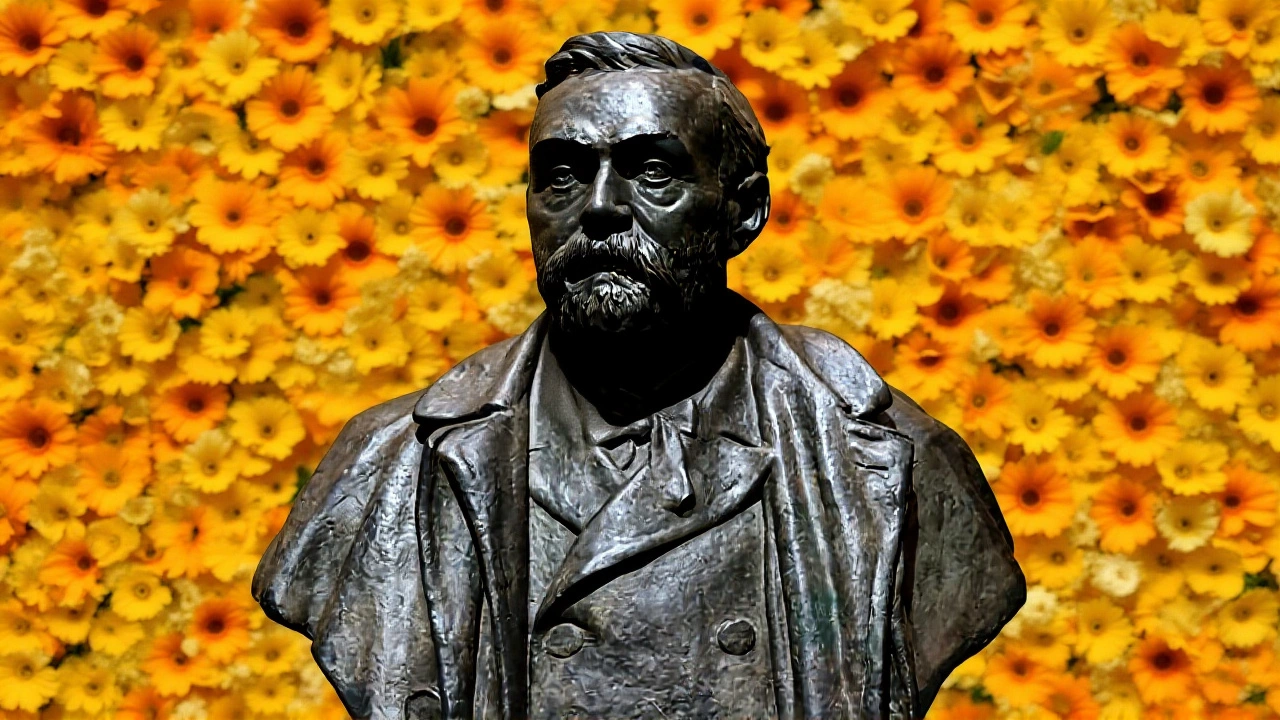Nobel Physics 2025
When talking about Nobel Physics 2025, the yearly award that honors the most influential physics discoveries of the year. Also known as 2025 Physics Nobel, it shines a spotlight on research that pushes the boundaries of our understanding of the universe. This prize is part of the broader Nobel Prize, an international set of awards covering physics, chemistry, medicine, literature, peace and economics. The physics category specifically looks for work that demonstrates “the greatest benefit to humankind,” a phrase that drives the selection committee to evaluate projects ranging from quantum computing to dark matter detection. The selection committee, a group of eminent scientists appointed by the Royal Swedish Academy of Sciences reviews nominations, weighs citation impact, and checks reproducibility before announcing the laureates. By the time the award ceremony rolls around in December, the winners have usually spent years refining experiments or theory, and their work often opens new research fields. Nobel Physics 2025 not only celebrates individual achievement but also sets research agendas for the next decade.
Key Themes Around the 2025 Physics Nobel
One of the most exciting aspects of Nobel Physics 2025 is how it reflects emerging trends in the scientific community. Recent laureates have been recognized for breakthroughs in quantum technologies, including quantum entanglement control and error‑correction methods , which promise faster computing and ultra‑secure communication. Another hot topic is astrophysical observations, such as the detection of gravitational waves from merging black holes . These discoveries not only answer fundamental questions but also inspire public interest in physics. The prize money, currently 10 million Swedish kronor, serves as a tangible reward that enables laureates to fund further research, recruit talent, and purchase state‑of‑the‑art equipment. In addition, the ceremony itself, broadcast worldwide, features a lecture by each laureate, turning complex science into accessible stories for a global audience.
Below, you’ll find a curated collection of articles that dive deeper into each of these areas. We cover the personal journeys of the 2025 laureates, the technical details of their award‑winning work, and the broader implications for industry and academia. Whether you’re a physics student looking for inspiration, a researcher tracking funding trends, or just curious about what makes a discovery Nobel‑worthy, the posts ahead will give you practical insights and fresh perspectives on the impact of Nobel Physics 2025.
Clarke, Devoret & Martinis Win 2025 Nobel Physics for Quantum Leap
The Royal Swedish Academy of Sciences awarded the 2025 Nobel Physics prize to John Clarke, Michel Devoret and John Martinis for unveiling macroscopic quantum tunnelling in superconducting circuits, a breakthrough shaping quantum computing and sensing.
More